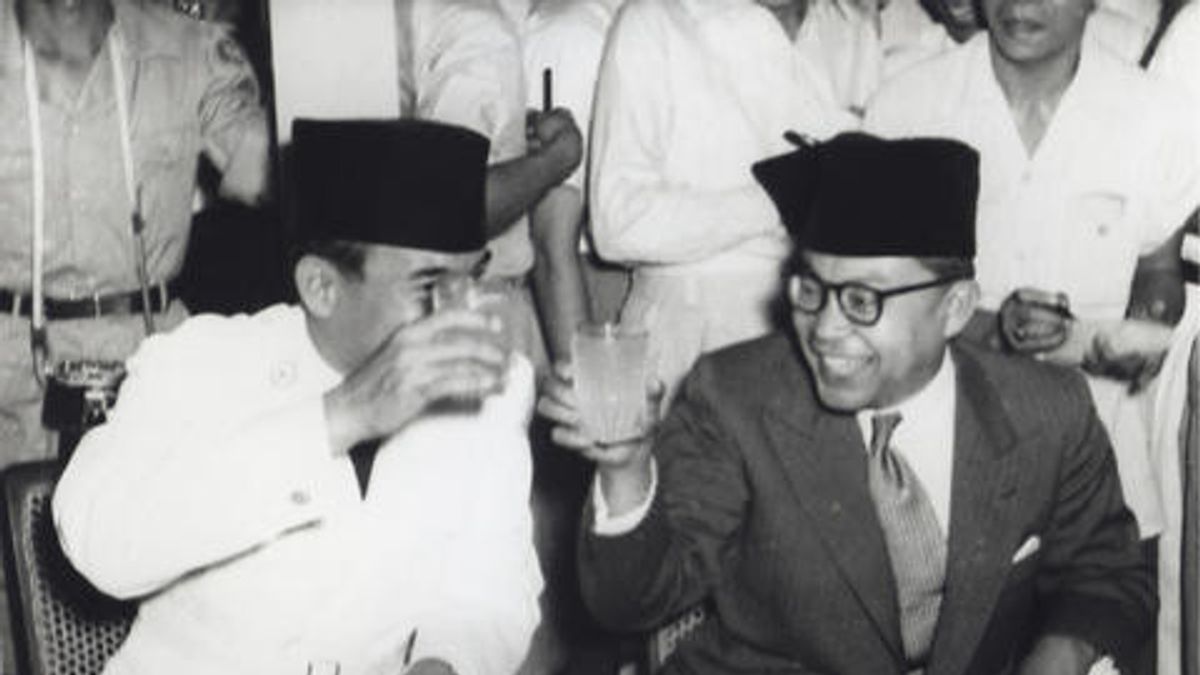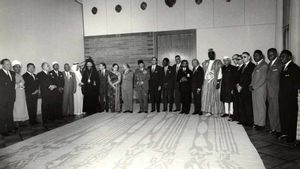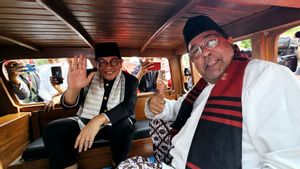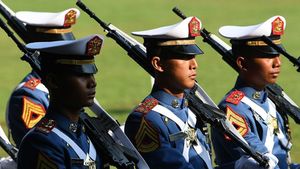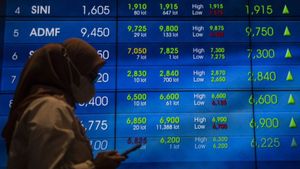JAKARTA History today, 88 years ago, November 16, 1934, the Dutch decided that Mohammad Hatta was exiled to Boven Digoel, Papua. Bung Hatta was not alone. He was also accompanied by his fellow freedom fighter Sutan Sjahrir.
Previously, Hatta's return from the Netherlands made the colonial government uneasy. Hatta became a leader who echoed the anti-Dutch narrative. His rhetoric boomed. Even his arrival is always awaited everywhere. In Java or Minangkabau.
Hatta's sensitivity to Indonesia's condition was forged in the Netherlands. He grew up to be a fighter. He often brought the anti-colonism narrative on every agenda of the Indonesian Association (PI). His struggle also came together. Many of the natives and the Dutch who claimed to be touched by the struggle.
However, not with the Dutch government. He was considered to have stirred up treason. Hatta was sentenced to prison. He was tried, even though he was eventually released. Pledoi Indonesia Vrij (Free Indonesia) is holding everywhere.
His defense, which contains a narrative of independence, was able to raise the spirit of the bumiputras. The defense grew the seeds of struggle. Because, Hatta's return is eagerly awaited.
Hatta became a mentor to many freedom fighters. Invite after invitation came to Hatta. He was asked to fill the thinking space of the bumiputras to reject colonialism on earth. Dutch colonialism, especially.
He also tried to raise the spirit of national movement fighters in his area, Minangkabau. After returning from the Netherlands, he toured giving lectures, including at the Islamic Collage, an intermediate college in Padang for young people who graduated from Thawalib Padang Panjang. However, just a week in the Minang area, the government imposed for him a passenstelsel (regulations that prohibit someone from being in certain areas).
Instead, he was taken by the police to the KPM (Dutch Shipping Company) ship in Bayur Bay to be transported to Priok. At that time he was really like the expected leader. Several cities in this area of his birth were waiting for his arrival. In Java he of course toured too. Wherever he went, he received a warm welcome, "said Deliar Noer in the book Mohammad Hatta: The Heart of the Nation (2012).
The colonial government of the Dutch East Indies was not happy with Hatta's movements. Hatta's rhetoric is considered to often corner the Dutch. The power of attorney immediately intervened to reduce the existing turmoil.
The only option is to arrest Hatta in February 1934. Hatta's fate was only decided by the Dutch on November 16, 1934. The decision of the Dutch final was to isolate Bung Hatta to Boven Digoel. He is considered dangerous for the existence of the Dutch in the archipelago.
On November 16, 1934, a court decision was issued to isolate Hatta along with six other new PNI administrators, to Boven Digoel. he was dispatched through the port of Tanjung Priok. On the ship he was dispatched together with Sjahrir, Bondan, Maskun, Murwoto, Burhanudin, and Suka.
He was dispatched there by relay. From Tanjung Priok he boarded the Melchior Treub to Surabaya and Ujung Pandang. From Ujung Pandang he boarded another smaller ship to Ambon. From Ambon he boarded an even smaller ship called Albatros to Digul Irian Jaya," explained Anwar Abbas in the book Bung Hatta and Islamic Economy (2010).
The English, Chinese, Japanese, Arabic, and French versions are automatically generated by the AI. So there may still be inaccuracies in translating, please always see Indonesian as our main language. (system supported by DigitalSiber.id)
